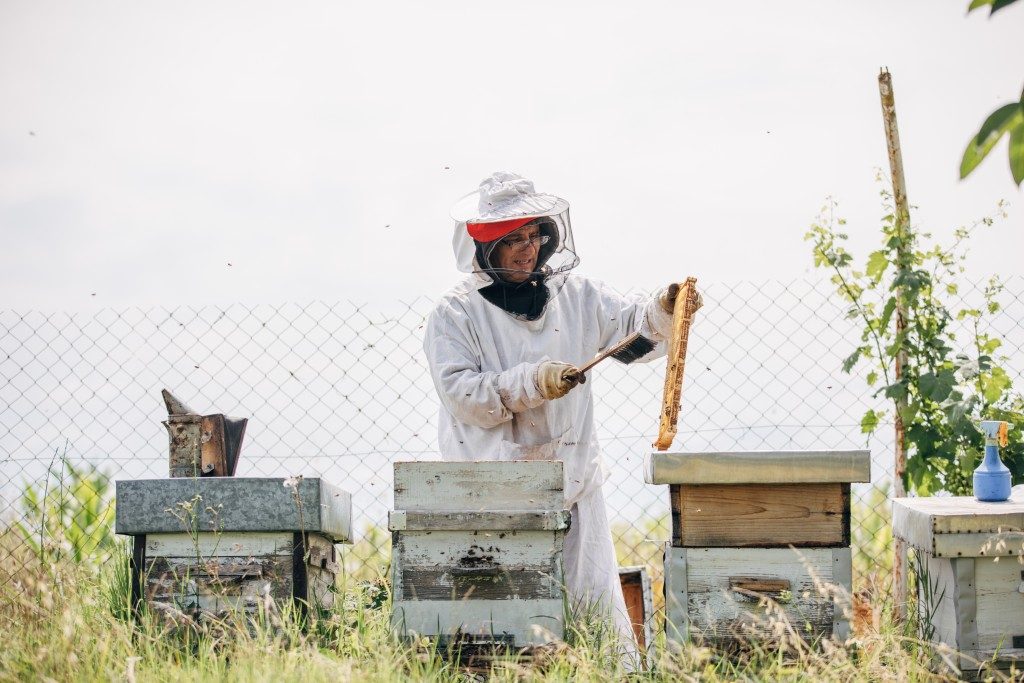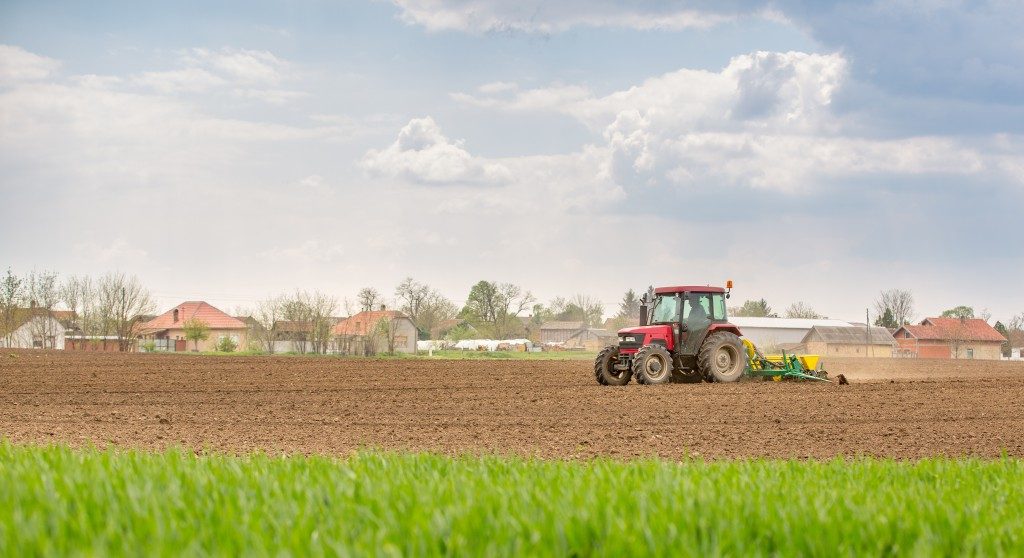If there’s anything to learn from the 2010 salmonella outbreak which made 1,470 people sick and caused a recall of over 550 million eggs in the U.S., it’s that proper sanitation should never be compromised for production.
Unfortunately, some farms refuse to change their ways. Another wave of Salmonella-related problems hit the country recently, resulting in the deaths of at least two people and left more than 750 people sick so far, according to a press release by the Centers for Disease Control and Prevention.
As a farmer in Salt Lake City or other places in Utah, it’s your responsibility to make sure the food you sell to your customers is as safe as it is delicious. As such, you should never cut corners on sanitation. These practices will help guide you to make sure your conscience is clean when it comes to your produce.
Keep Strict Records of Everything
Your farming process should not be left to instinct. Record every step of the process, from tilling the soil to packaging your goods. This way, you can repeat the process if it doesn’t have any sanitation problems. And if it does, you can easily isolate a step, or multiple ones that might be causing the issue. Turn these records into an official memo or guide book for employees to follow to the letter. Use the book as a template when you do regular monitoring and safety checks around the farm.
Don’t Rush Your Compost
While manure is an excellent fertilizer, it may also cause the downfall of your harvest if misused. It should only come in contact with your soil when it’s been appropriately composted. Your compost pile should heat up to at least 130 degrees Fahrenheit to kill disease-causing pathogens like Escherichia coli (E. coli), Salmonella, and Listeria. This heating process should take no less than a month to cure. Once it cools down, it should take about two to six months to cure. This ensures that the fertilizer you use is not only effective but also safe.
Keep Your Resources Separate
If you run a farm with both animals and vegetables, you should keep them as far away from each other as possible. Assign fenced areas where the animals can roam and graze. Ask an asphalt paving contractor to work on your cattle pen and feedlot floors to keep your animals away from mud and muck that could make them sick. If possible, keep your crops in raised plots to minimize the possibility of pests infiltrating your harvest. Keep compost pits in contained spaces away from both your animals and plants, too.
Upgrade Your Sanitation Stations

Now that your planting areas and stables are clean and secure, it’s time to put your focus on your workers’ hygiene. Upgrade your sanitation stations by providing a constant stream of fresh, running water and soap. Your toilets should be cleaned often, and employees should follow strict handwashing procedures with every visit to the john. You can even add a makeshift handwashing station on the field for quick washes in between breaks.
Though farming may be a competitive business when it comes to production, you should also strive to be number one when it comes to safety and quality. Give these sanitation suggestions a try. When your farm provides clean and pest-free food, you’ll surely win your customers’ loyalty.

